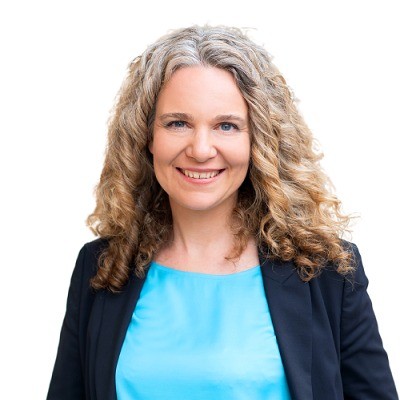Dr. Julia Reichert
Co-Founder & CEO at Onuava, Fertility & Family Building Benefits in DACH,Mom of 3, Passionate about Female Empowerment
Germany
One of the significant changes around reproductive health is that unfortunately, infertility is on the rise. 1 in 6 (concerns men as well as women by the away) is affected by infertility throughout their lifetime. These are statistics published by the WHO in April 2023. It used to be 1 in 8, then 1 in 7 and we are now at 1 in 6. The consequences of such a diagnosis are enormous: 90% experience symptoms of depression as a consequence, 85% state that it is impacting their motivation at work and 26% of all women undergoing fertility treatment resign or significantly reduce working hours given they can’t balance treatment with their job.
Another taboo topic relating to reproductive health is menopause. 2 out of 3 women have symptoms, half of them major symptoms. More than 25% of all women reduce their working hours as a consequence and 1 in 10 women leave the workforce due to the symptoms of menopause.
It is unacceptable that these women’s health topics are not better supported in our society and that they remain taboo.
At the same time, companies can’t afford to lose women due to these challenges an have an intrinsic motivation to better support women during these life stages – for example with fertility & family building benefits as we offer them at ONUAVA.
Reproductive health challenges will not get smaller and all statistics point to a further reduction in fertility levels in our society (equally for men as for women). However, we now have better knowledge and medical opportunities than ever before – including for example through egg freezing, which allows women to preserve their fertility for the future and retain the option to have children even when they do not have the right partner at the right time. Equally, relating to menopause, we now have better treatment options to ensure women can be better supported throughout menopause.
Two important catalysts are access to sound information and having financial means. Still today, most women do not know that by age 35, 95% of their egg reserve is gone. Irreversibly gone. Most women at the ideal age of 25 to early 30s do not have the financial means to pay for egg freezing. Fertiltiy & Family Building Benefits can be a great catalyst for the improvement of reproductive health. With ONUAVA we are bringing this benefit to the DACH region, thus supporting better information and access to funding for our members.

